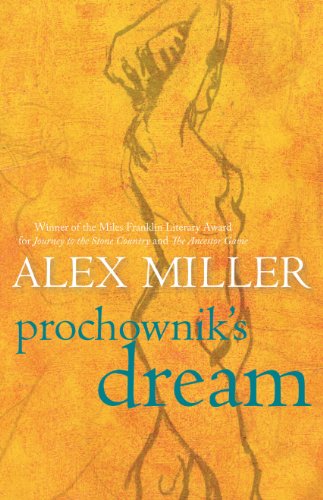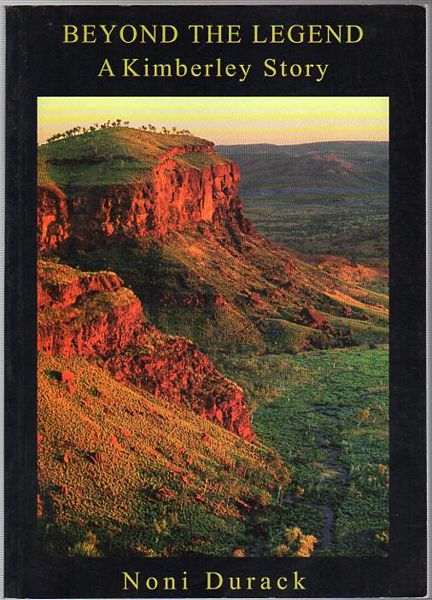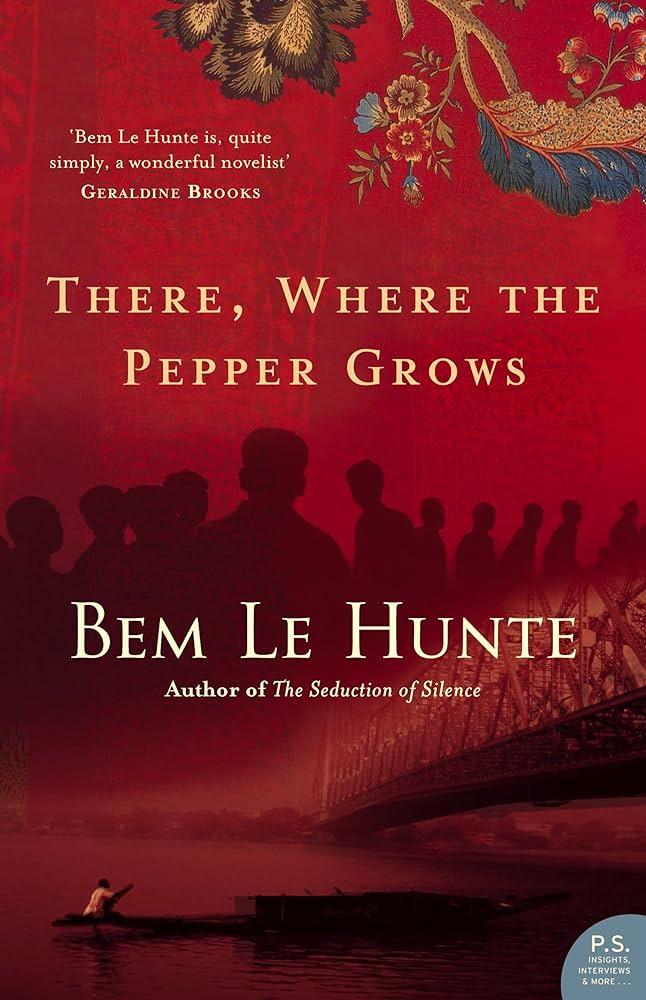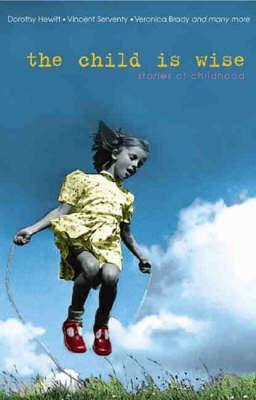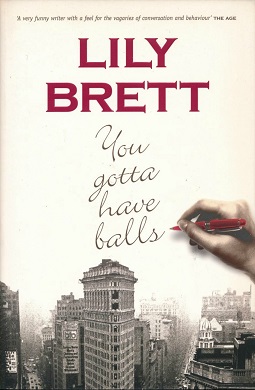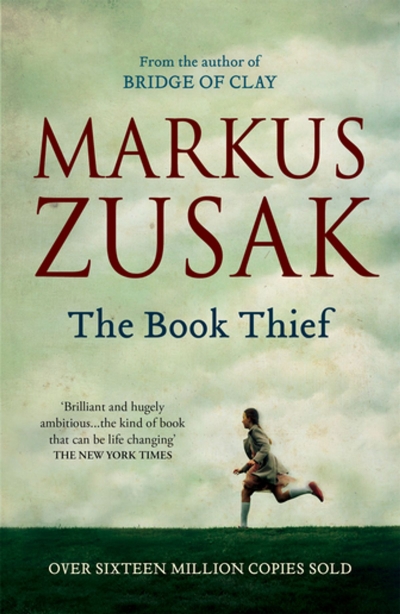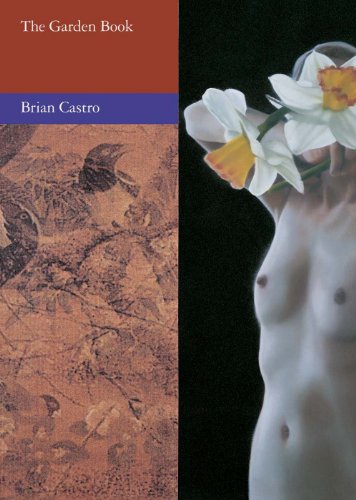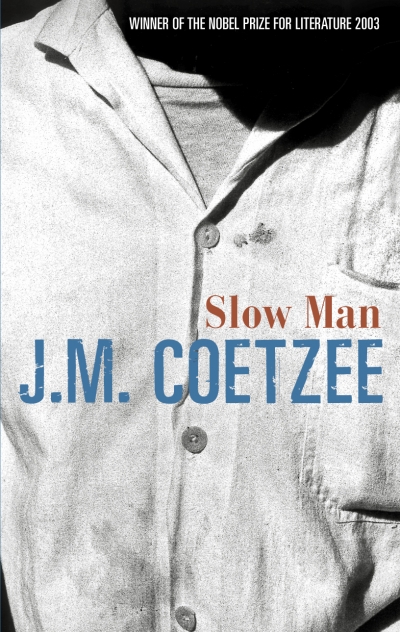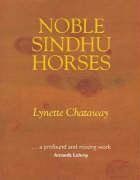Fiction
Here are five reasons why there is a literacy crisis in Australia. It is not about teacher-training; it’s about appallingly conservative publishing choices and the positioning of ‘reading’ as something that needs to be slipped under the radar of children’s attention, rather than celebrating it as one of life’s biggest adventures. What these novels share is a commitment to sport as a structuring narrative principle. Australian Rules, rugby union, netball, athletics, soccer: the sports and titles change, but the overall arc remains the same. In this respect, these books feel market-driven: generic responses to some global marketing division called ‘encouraging reluctant readers’. While this enterprise is not unworthy, the assumption that children who are not reading will be automatically attracted to novels about organised sport seems dubious.
... (read more)Two-thirds of the way through Alex Miller’s Journey to the Stone Country (2002), its characters come across a house standing in a valley high in the Queensland ranges. The house is empty, abandoned like some landlocked Marie Celeste, but in one room a library remains. Standing before the shelves, one of the characters removes a volume, only to find the pages eaten away to dust, the book, like the house, an empty shell. It is a scene of extraordinary power and implication, resonant with the peculiar energy that builds when meaning coalesces, however briefly, and we feel ourselves in the presence of something that runs deeper than words.
... (read more)Beyond The Legend by Noni Durack & Out Of The Silence by Wendy James
These two first novels are based upon events and people from Australian history. Noni Durack recasts the story of the pastoralists of the north-west of Australia in terms of an enlightened awareness of land degradation, but the narrative remains oddly captive to the legend of heroic conquest that she is trying to critique. Wendy James, on the other hand, has written an elegant feminist account of the lives of women in Melbourne at the time of the struggle for women’s suffrage.
... (read more)There, Where the Pepper Grows by Bem Le Hunte & Behind the Moon by Hsu-Ming Teo
There’s a joke that comes up in westerns about the book that saves: a thick volume in the chest pocket that takes a bullet. Bem Le Hunte introduces her second novel about a small band of World War II refugees: ‘This book was written as a prayer for those people who could not live to tell their tales. It was written, too, as a prayer for the future of our world, in the hope that stories like this have the power to save us.’ Certainly, this is a book that teaches hope against the odds, but when you consider how human cruelty has survived even the greatest stories, Le Hunte’s prayer sounds forlorn – unless she was thinking of saving us from boredom, in which case both There, Where the Pepper Grows and Hsu-Ming Teo’s Behind the Moon work most effectively.
... (read more)The accounts of childhood in this anthology date from the 1920s to the 1960s. Most deal with experiences in Western Australia, although three are written by migrant women and are partly anchored in Europe. Two are extracted from the autobiographies of well-known writers, Dorothy Hewett and Victor Serventy, two are taken from self-published memoirs, and one, by Alice Bilari Smith is taken from her book Under a Bilari Tree I Born. This last is based on tapes of oral history collected by the West Pilbara Oral History Group and published in 2002.
... (read more)Ruth Rothwax is back. The star of Lily Brett’s Too Many Men (2000) is still running a successful letter-writing business in New York City, but she’s branched out into greeting cards. Her father, Edek, with whom she made the trip to Poland in the earlier novel, has moved from Melbourne to New York to be near her. At the heart of the novel is the fraught, yet fond, relationship between them.
... (read more)The Book Thief marks a departure for Markus Zusak. It is his first novel for adults, has broader concerns than his earlier work, and makes clearer his ambitions to be considered a serious writer. His first three novels, for young adults, were primarily focused on the masculinity of the boys in a working-class Sydney family ...
... (read more)These are hostile times for literary fiction in Australia. New novels are well advised to don flak, not flap, jackets. And it’s not just a simple case of critics sniping from the sidelines, wanting their piece of the action. This is a full-blown civil war involving all the vested interests – publishers, editors, journalists, publicists and booksellers – not just writers and readers. The smarting adjectival arrows continue to find their targets. Current fiction is too dreamy, starchy, inconsequential, ingrown, belletristic, portentous. While our non-fiction writers have been doing time in South American jails and running the gauntlet of spy networks, our best novelists have been tending the lily-livered genres of historical fiction and fable. Many of them have been accused of skedaddling off to the library at a time when a confrontation with the forces of xenophobia, philistinism, fogeyism and greed is more than ever required. Novel-writing, in a word (and it’s one that has been flung around with a degree of passion recently), has become ‘gutless’ storytelling.
... (read more)Slow Man begins with an accident. Paul Rayment is cycling along an Adelaide street when he is struck by a car. When he emerges from a daze of doctors and painkillers, he discovers his life has been transformed by this random event. His crushed leg is amputated above the knee. From now on, he will ...
... (read more)Noble Sindhu Horses by Lynette Chataway & 98% Pure by J.D. Cregan
With broadly similar subjects – Australians in South-East Asia – and related themes that touch on culture shock and existential angst, you could be forgiven for thinking that Noble Sindhu Horses and 98% Pure might have something in common. But these two first novels are a lesson in the difference that self-control and sensitivity on the part of the writer, and good judgment on the part of the editor, can make. To draw on the Asian motif for a moment, Noble Sindhu Horses is a delicate Asian broth, restrained and subtly flavoured, while 98% Pure is street-vendor chop suey – a bit of a mess and not so good for your health.
... (read more)

